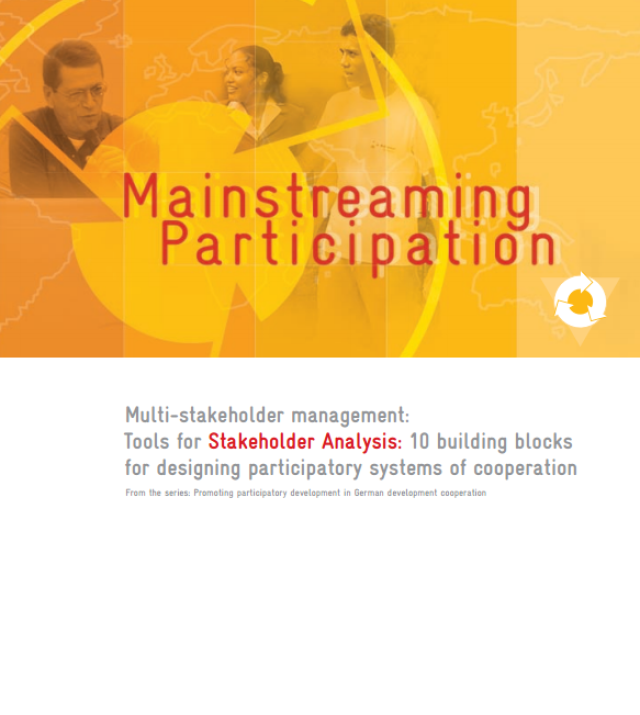
ELRHA Guide to Constructing Effective Partnerships

Benefits of collaboration are enormous, both for humanitarian practice and for academic work, to help tackle major humanitarian challenges. Humanitarian organisations gain from the input of academic expertise to ensure robust methodology for research, technical expertise for operational issues and a long-term perspective to build understanding and evidence of effectiveness and change. Universities benefit from direct access to the field, the ability to test theories and opportunity to engage in the application of research.
This guide aims to support collaboration between humanitarian and academic organisations. Based on the experiences and lessons learned by people in both communities, who have worked together, it is a practical guide to the opportunities and challenges specific to humanitarian-academic collaboration.
This guide offers many ideas for overcoming challenges, avoiding common pitfalls and building towards successful collaboration. This resource includes real-world examples and insights into the institutional realities of both humanitarian agencies and academic organisations to help build mutual understanding and establish strong foundations for collaborative working.
Key to success is a dialogue process to make explicit each partner's expectations of the collaboration sustained through the process; transparency throughout the process; flexibility and, maybe most importantly, a commitment to improving humanitarian operations. A key message from the experience of academic-humanitarian collaboration is that it can take place in many forms, joint research is only one. There is also a strong desire in both communities for more opportunities to meet and to share information about opportunities for collaboration, based on the priorities and work in each sector.

